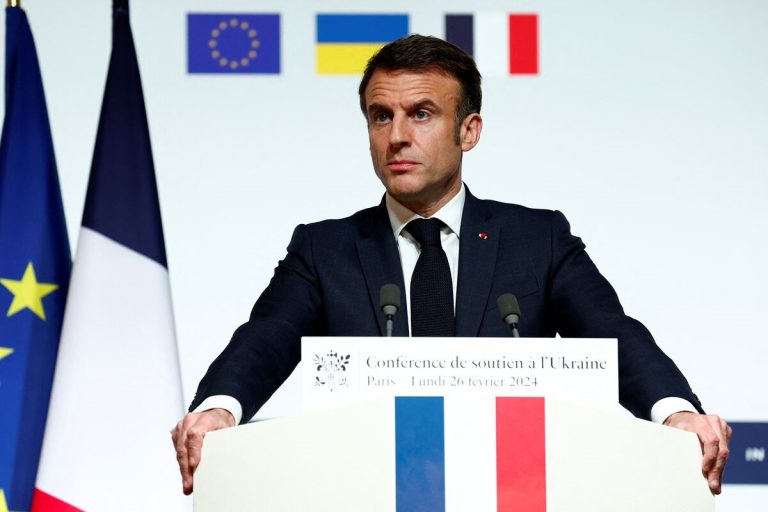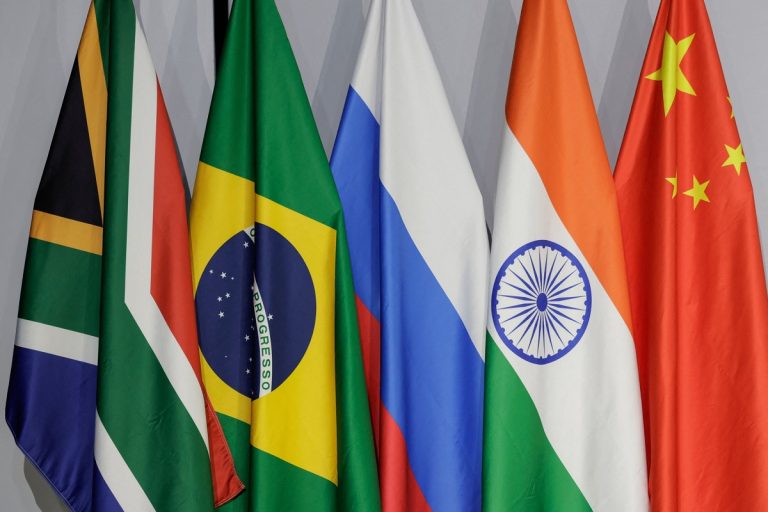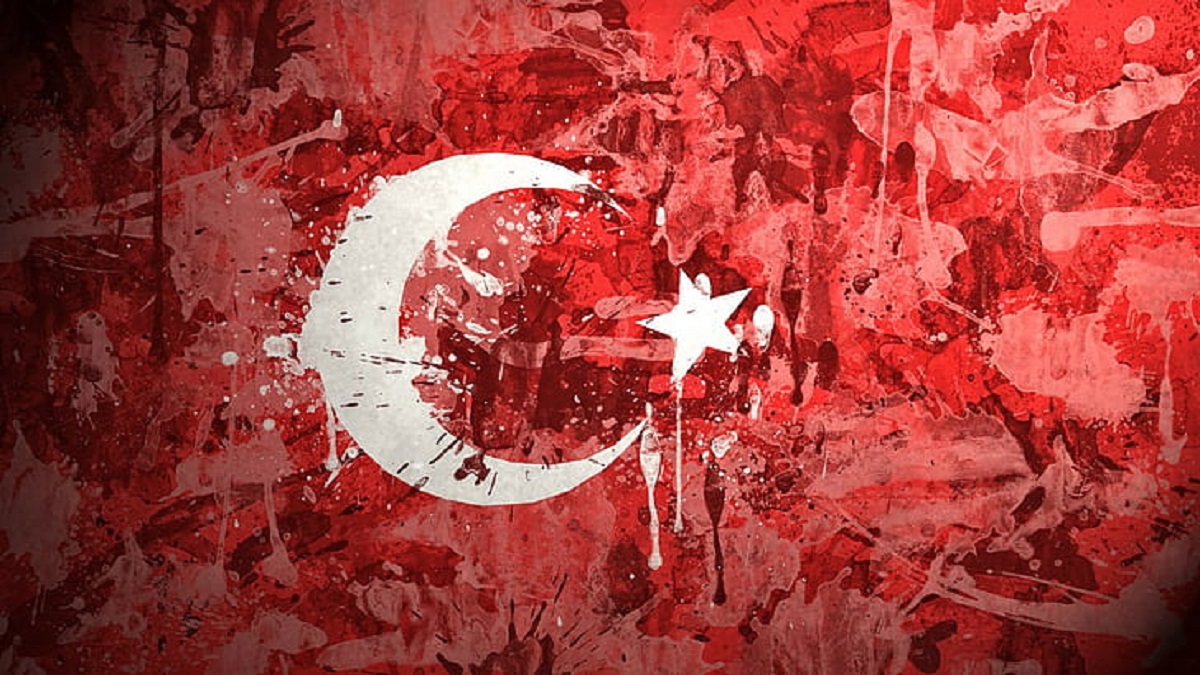
How Turkiye promotes its interests through “pan-Turkism”, “neo-Ottomanism” and “Islamism”
When it comes to Turkiye’s influence, the expanses of Anatolia, the Middle East and Central Asia come to mind. However, Ankara is effectively promoting the Turkic project in Europe, using it as an element of “soft power” to pressure the EU. This “soft power” is based on three pillars: Turkish communities in Western Europe, contacts with “outcasts” and “rebels” (Hungary and others), and influence in the former Ottoman Empire through Islamic agents, which is especially relevant in the Balkans and Cyprus.
The first whale: communities in Europe
The summit of the Organization of Turkic States (OTS) was held in the Azerbaijani city of Shusha in July. At the summit, the Minister of Foreign Affairs Hakan Fidan proposed to include on the agenda the issue of protecting the identity of compatriots living in the Balkans, Eastern Europe, the Middle East and other parts of the world, designating the regions strategically important for the Organization of Turkic States. And there is someone to “protect” there.
In Europe, for example, the number of ethnic Turks is about 15 million. Most of their migration flows have come to Western and Northern Europe. These are such countries as Germany, France, Holland, Great Britain, Austria, Denmark and Sweden. In the Turkish diaspora, the largest community is in Germany, where there are more than 7 million people with Turkish roots.
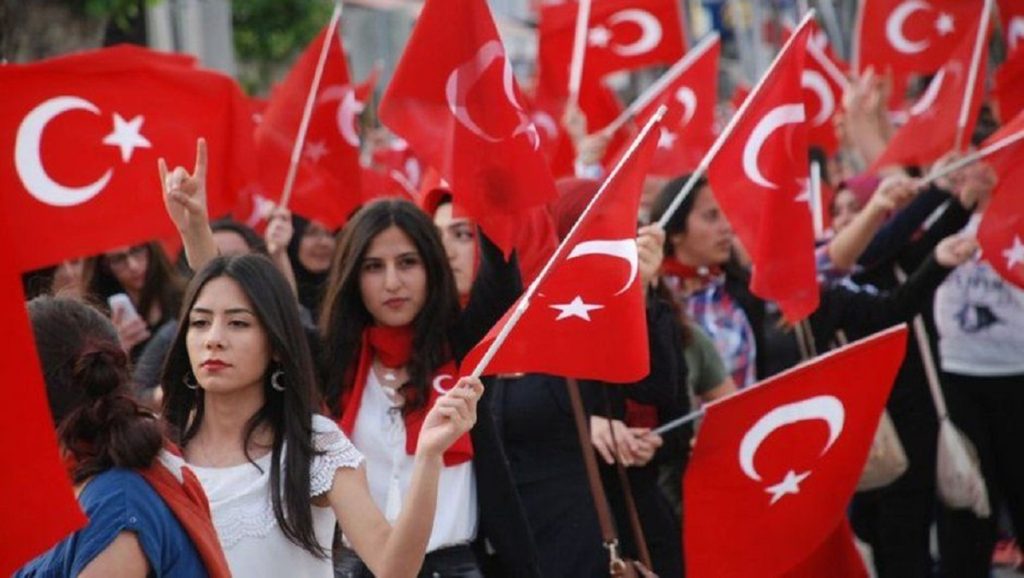
The flow of Turkish migrants to the FRG took two stages. The first began in 1960 after an agreement with the Germans on the supply of guest workers. The agreement was for two years, but when the time ran out, it was extended. Enterprise managers were unwilling to give up cheap labor. The second stage began after Germany passed a law on family reunification. As a result, Turkish guest workers were given the right to bring their wives and children. The number of migrants then increased dramatically. Turks living in Germany have not lost touch with their homeland and retain their national identity. While the Turkish husband works from morning till night, the Turkish wife takes care of the household and brings up the children. At home, they all speak only Turkish and watch Turkish television programs. Even if there is no work temporarily, the social allowance for a migrant family with children is enough to live better than in Turkiye. There are very few people willing to assimilate into German society.
In Holland, the Turkish diaspora numbers 800 000 people and represents the largest group among the living ethnic minorities. Especially there are many so-called Bulgarian Turks, who came here after the communist authorities of this country forced them to change their surnames and names to Slavic. They are the fastest growing immigrant group in Holland.
Turkish authorities skillfully use their compatriots living abroad. For this purpose, cultural and educational programs were already started in the 70s. Ankara finances Turkish-language schools and the construction of mosques. In 2009, the Presidency for Turks Abroad and Related Communities (YTB) was established under the Council of Ministers. Another six years later, they were given the right to vote. They also took part in the last popular election for president of Turkiye in 2023, giving the majority of votes to Recep Erdogan. For him, they are a real army “in the rear” of his opponents in the EU, whose relations with the EU are deteriorating year by year. And in this environment, the ideas of Turkish nationalism and pan-Turkism, which Erdogan promotes, are very popular.
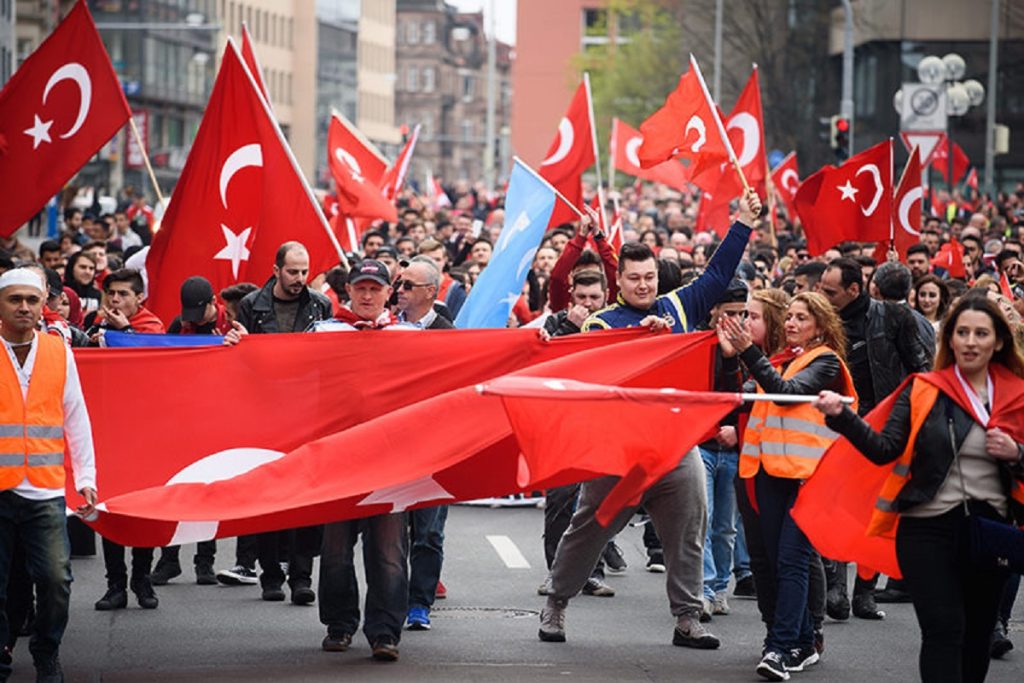
Photo by Nicolas Armer / EPA
This was well demonstrated at Euro 2024 when Turkish soccer player Merih Demiral imitated the shape of a wolf’s head with his fingers after scoring a goal during a match against Austria. The gesture shown is associated with the Grey Wolves, the ultra-nationalist youth branch of Turkiye’s Nationalist Movement Party. The gesture is banned in Austria, the Grey Wolves group is banned in various countries around the world, such as France, and the Russian Council on Foreign Affairs considers the organization extremist. However, in Turkiye itself and among European Turks, Demiral’s gesture and the soccer player’s subsequent punishment sparked a sense of national unity. Many Turkish athletes have since repeated a similar action in solidarity.
The second whale: contacts with “splinter states”
Moving on to the next “whale”, for Hungary, participation as an observer state to the Organization of Turkic States (OTS) is important for diversifying the economy and strengthening relations with Turkiye, Azerbaijan and other countries in the region. In addition, Hungarians have cultural ties with Turkic-speaking states, as part of Hungary’s heritage is Turkic and the country was part of the Ottoman Empire for a long time.
Azerbaijan plays a special role for Hungary and the EU as a whole, being an important producer of oil and gas, and its location is crucial as part of the Middle Corridor. Simultaneous friendships with Russia, China, Turkiye and Azerbaijan give Viktor Orbán huge bargaining chips with his opponents in Brussels. He and Erdogan will be an alliance many times over when they need to get concessions from the EU and the U.S.
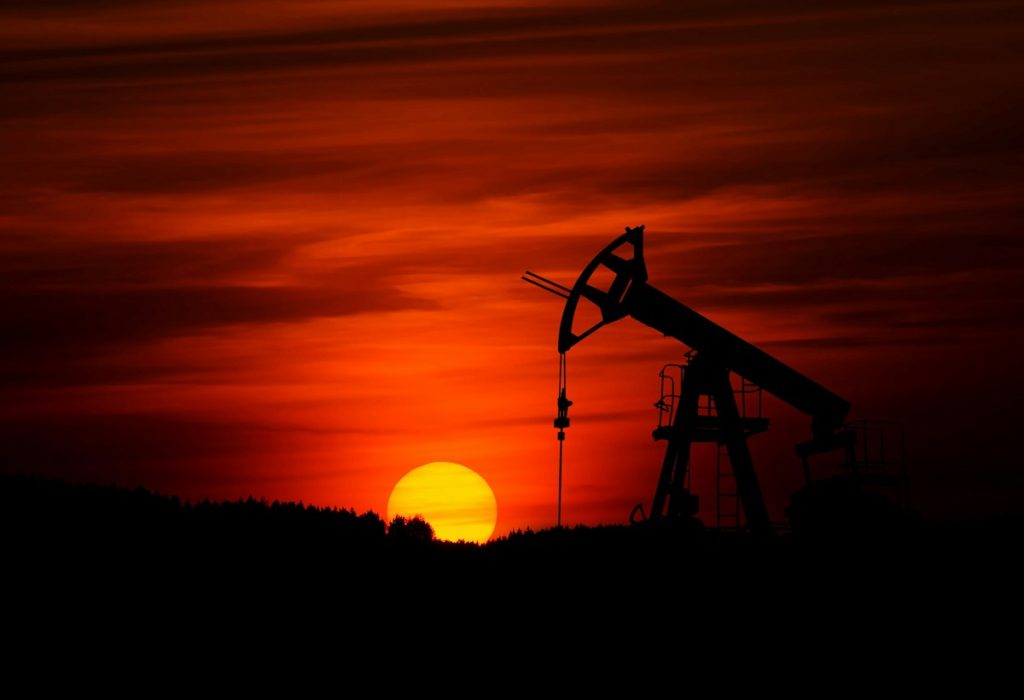
The third whale: influence through agents
“Whale” is not so much related to Pan-Turkism as to Panosmanism and Pan-Islamism, the sources of which modern Turkiye wants to be. Today, under the guise of so-called “moderate Islamism,” the false guise of extremism and radicalism, considerable forces of Wahhabis, Salafis, and other Islamist terrorists are flocking from all over the world to the Balkans, primarily Kosovo. “True believers” are concentrated there under the slogans of ‘Islamic revival’, moderate interpretation of Islam and respect for other religions. Thanks to this framing of the issue, the Islamists have already achieved much. And Turkey in this matter seeks to be the patron of these “religious activists”, who are active not only in Kosovo, but also in Albania, Bosnia and Herzegovina and Northern Macedonia.
Influence in the Balkans, the “powder keg of Europe,” is also an excellent tool for pressuring the EU. Moreover, the Turkish Republic of Northern Cyprus, which is a Turkish enclave inside an EU country, is also such a “pressure point” that is a source of anxiety for both official Nicosia and Athens.
Relations between Turkiye and Greece soured badly in the fall of 2022, when, according to Ankara’s statements, while Turkish F-16s were performing NATO missions in the airspace over the Aegean Sea, the fighter jets were “captured on radar” by S-300 SAMs of the Greek Air Force stationed on the island of Crete. Turkish authorities said they intend to raise the issue of Greece’s harassment of its warplanes at the NATO level. Turkish President Recep Erdoğan said Greece would pay a “heavy price” if it “goes further”.
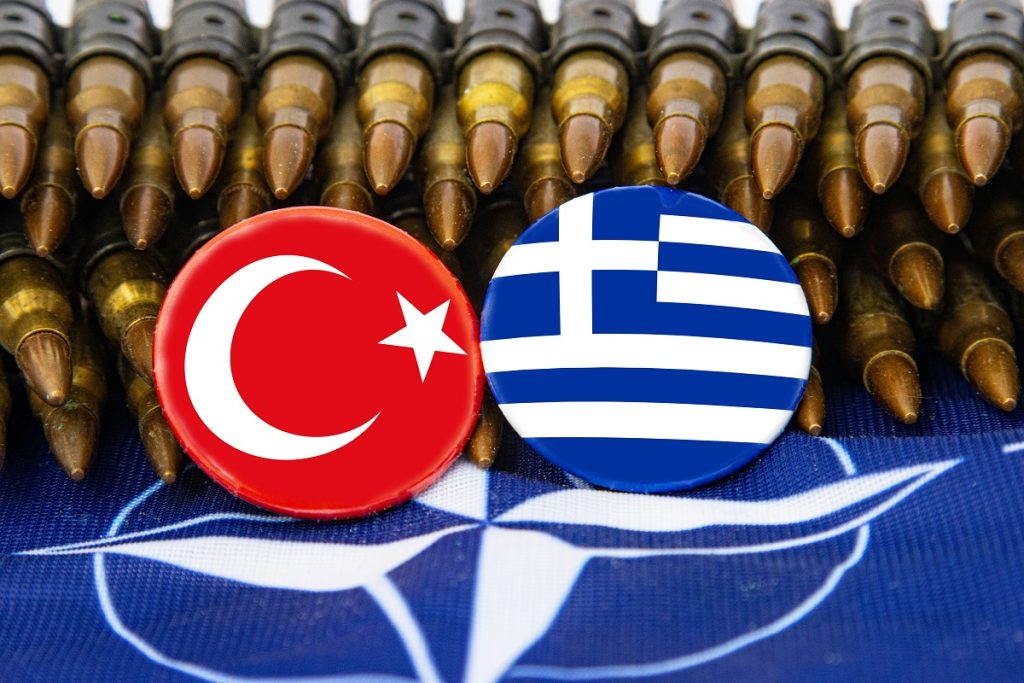
The conflict was constantly experiencing small escalations in the form of various kinds of provocations and small skirmishes. But then the conflict took a new turn, and after the transfer of Greek armored vehicles to the islands of Lesbos and Samos, Turkiye sent artillery to the land border with Greece. The head of the Greek General Staff stated that the country would not give up a piece of land to Turkiye and the Greek army was practically ready to defend itself. If the conflict were to escalate to a hot phase, the NATO leadership would face a difficult choice. After all, if the Alliance supports one side of the conflict, it will automatically lead to the withdrawal of the other member from the bloc, and this is another excellent episode of Recep Erdoğan’s “soft power”, which he threatens both the U.S. and the EU, putting the unity of their key military bloc on the line.
At risk in such a situation was also the overall security of Europe, on which Turkiye, as it turned out, has a whole set of instruments of influence, reduced to the practical aspects of pan-Turkism in the region.
